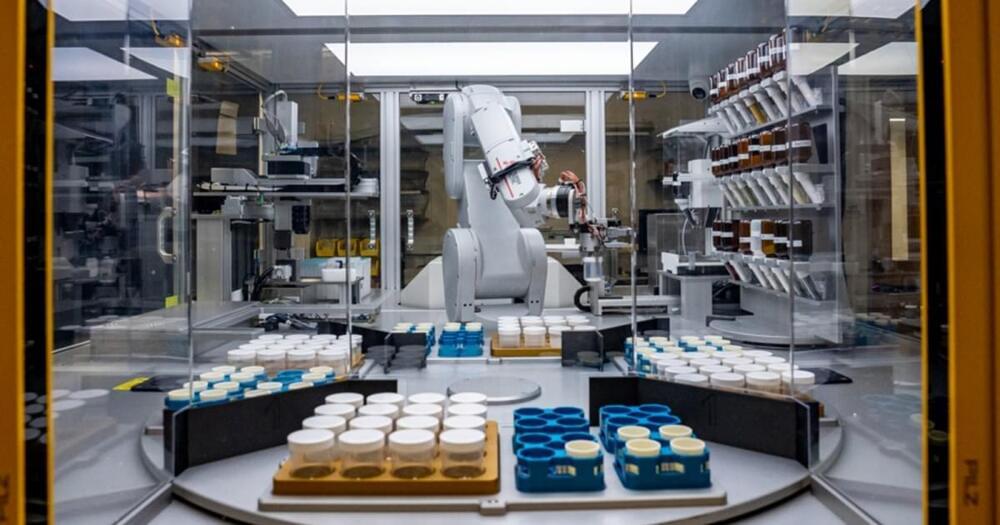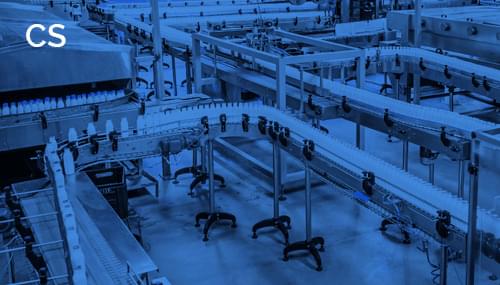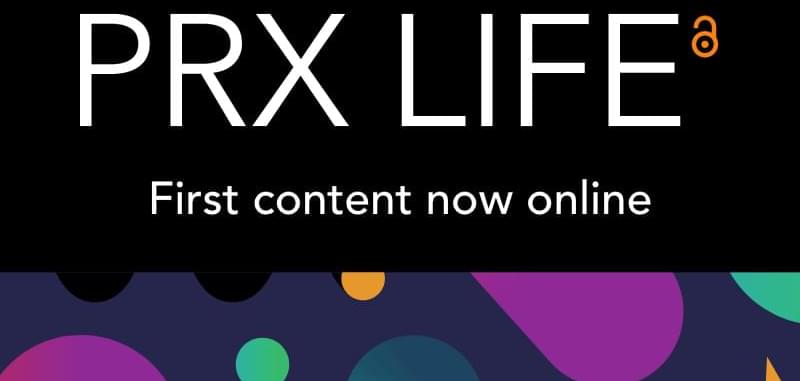A group of researchers in Japan have found yet another interesting way to use AI technology. In a recent research project led by a team from the National Institutes for Quantum Science and Technology (QST) and Osaka University, they were able to translate human brain activity to depict mental images of objects, animals, and landscapes. They released pictures from the research, and the results are pretty astounding.
One of the images that the AI technology was able to decode from the brain activity was a vivid depiction of a leopard with detailed features like spots, ears, and more. Another image depicted an airplane. While we have previously had technology that is able to recreate images from brain activity, this is one of the very few studies that were able to make these mental images visible.
Of these previous studies, the images that could be decoded were fairly limited into several categories, like human faces, letters, and numbers. This new AI brain-decoding technology seems to be able to decode a much broader spectrum of images from the human mind. As the researchers in the study point out, “visualizing mental imagery for arbitrary natural images stands as a significant milestone.”





